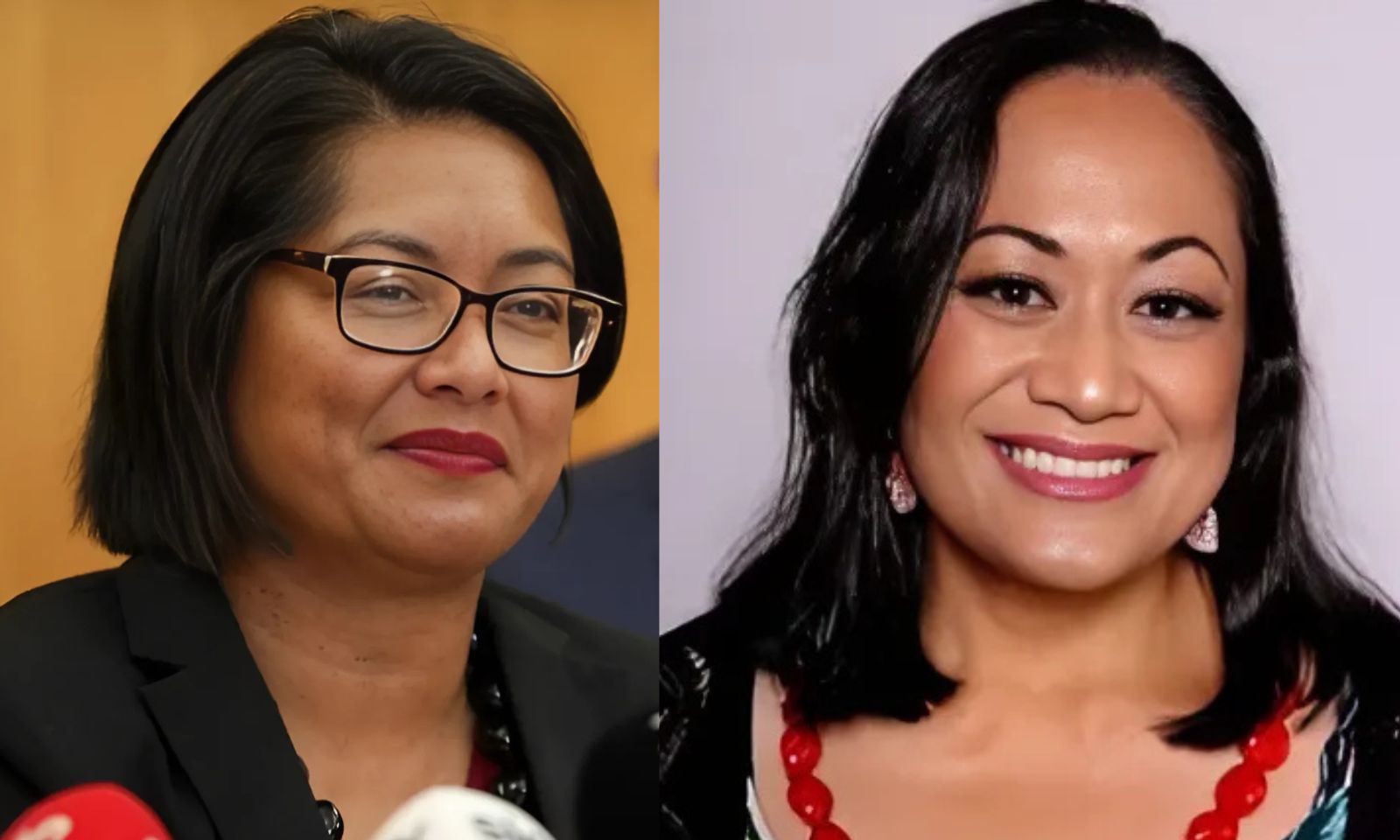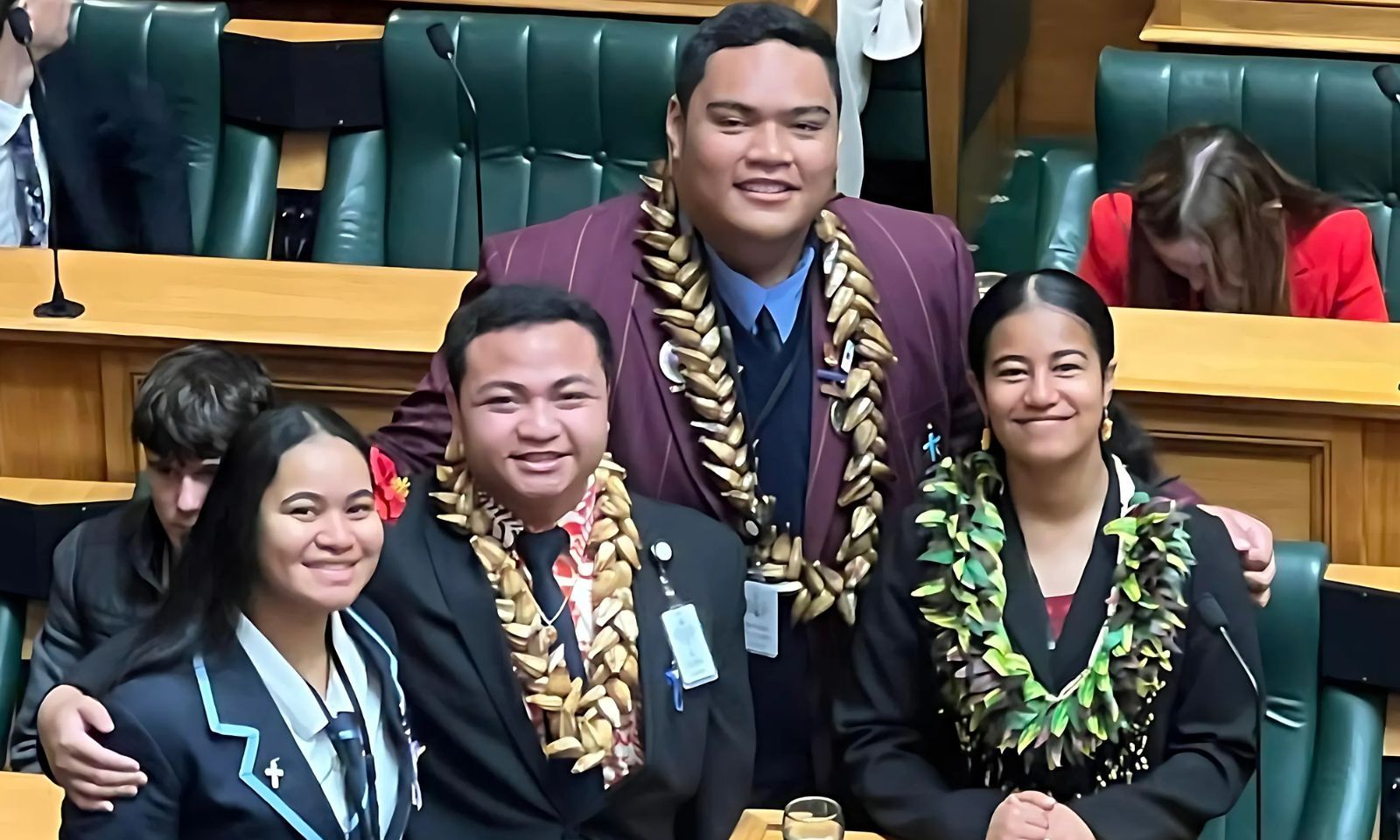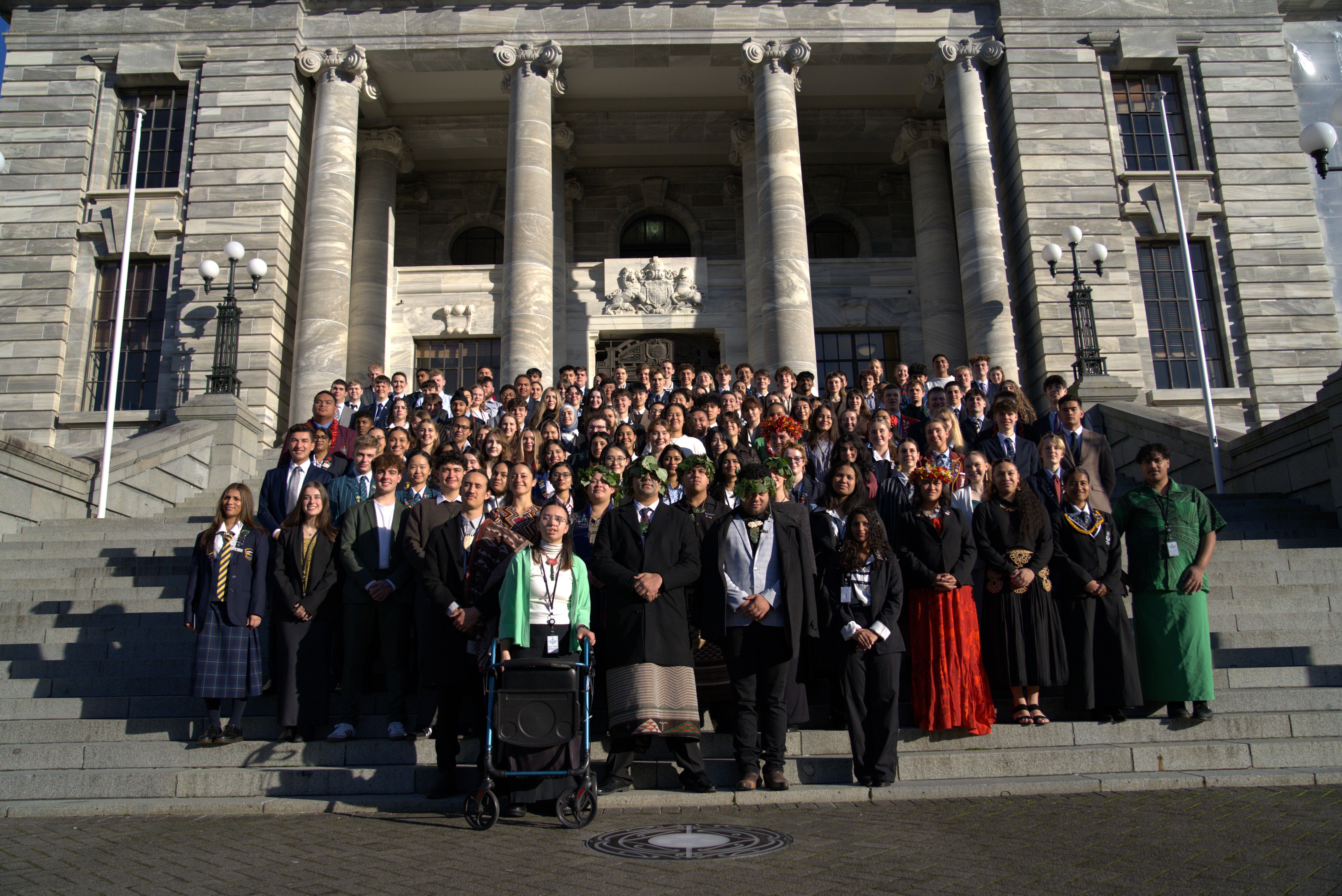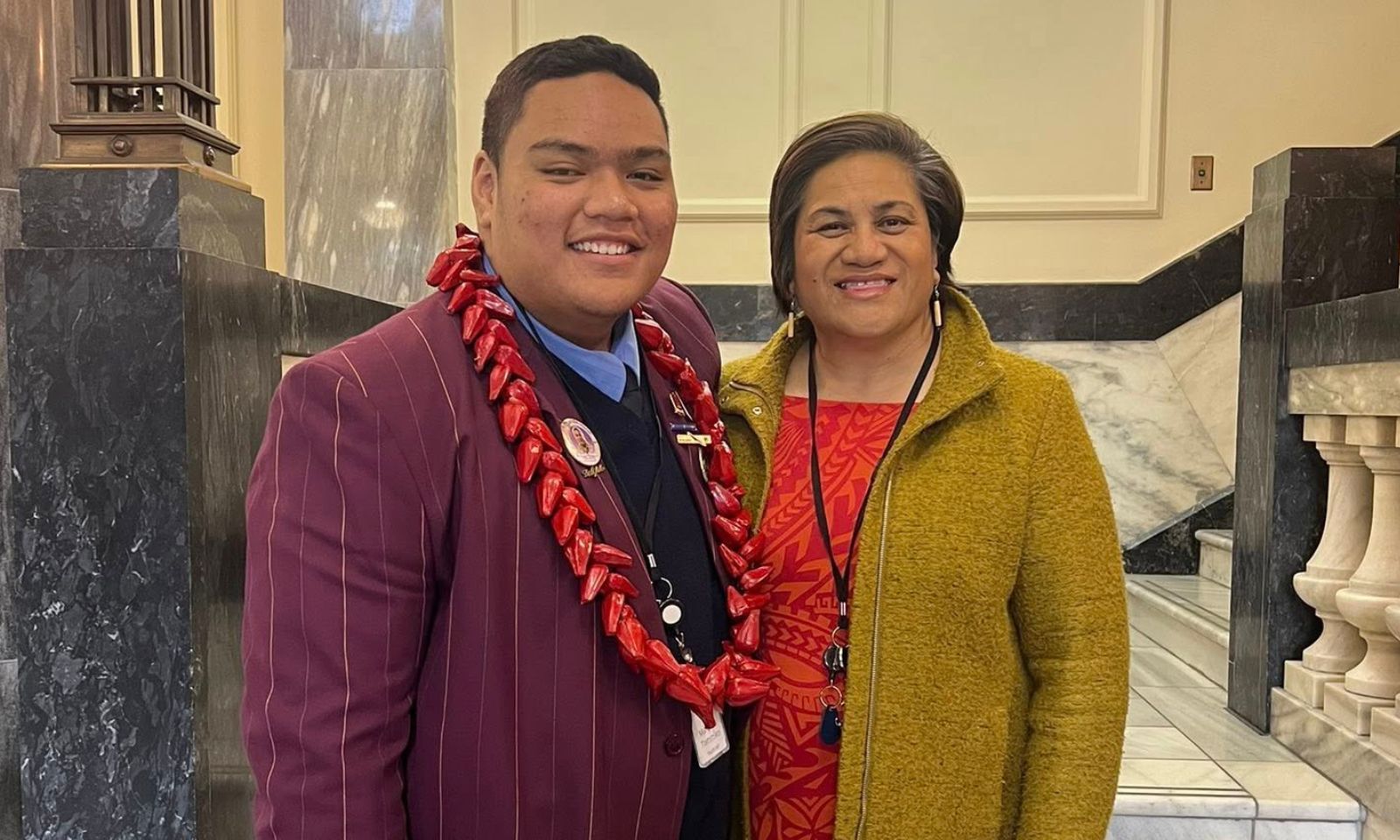

Youth Parliament 2025
Photo/PMN News/Joseph Safiti
Breaking Barriers: Youth MP wants amplified Pasifika voices in politics
Fresh from Parliament, Marques Tominiko says Pacific youth remain invisible and wants more scholarships, role models, and civics education to address this issue.



Documentary highlights struggle for Rainbow Pacific identity

Why Wallabies are prioritising Flying Fijians over the Lions



Documentary highlights struggle for Rainbow Pacific identity

Why Wallabies are prioritising Flying Fijians over the Lions
Māngere Youth MP Marques Tominiko has returned home from Parliament feeling proud of how he represented his people, but he also thinks that South Auckland remains under the radar.
“I feel like I represented my community to the best of my ability, and I just feel very proud at this moment,” Tominiko says.
The 16-year-old admits that it was intimidating to be surrounded by young people from bigger electorates, places with established political histories and strong connections.
But Tominiko stood firm, wearing his ie faitaga and ulafala through the halls of Parliament, making a distinct impression among the suits and Western attire.
After participating in debates and questioning ministers, Tominiko says the experience was powerful and frustrating, reflecting the promise and persistent gaps for Pasifika youth in politics.
“Something that I wanted to make sure of whilst I was at Parliament was that I didn’t come as an individual,” he says. “I came as the representative of not only my MP, the Honourable Lemauga Lydia Sosene, but also my Māngere community, the voices of Māngere youth, Pasifika as a whole, and South Auckland.
“Walking around, people would ask me where I’m from, and when I said South Auckland, Māngere, they’d ask, ‘Where’s that?’ It shows we’re still unknown and underrepresented.”
Despite New Zealand having its most diverse Parliament to date, Tominiko says Pasifika priorities remain low on the agenda, and young people are increasingly frustrated by being excluded from decisions that directly affect them.
One issue that struck a nerve was the debate over race-based scholarships. Marques says some argued these should be scrapped in the name of ‘equality’ but that ignores the reality for many Māori and Pasifika families.

Barbara Edmonds and Lotu Fuli: championing Pasifika youth and civic education. Photo/File
“Yes, we have more Pasifika MPs, and even our Deputy Prime Minister is Pasifika, but we’re still unseen and unheard. Our priorities aren’t high on the list for this government.
“It’s not about equality. It’s about equity. Look at the stats: Māori and Pasifika are at the bottom for NCEA pass rates, retention and university entry. These scholarships exist to give us opportunities we’re not given otherwise.”
Manukau Ward Councillor Lotu Fuli agrees, supporting Tominiko’s stance. “I believe in scholarships for Māori and Pasifika. The whole point of such scholarships is to address the inequities that exist to try to even up the playing field. If we get to a stage as a society where those inequities no longer exist, then the need for such scholarships will go.”
Tasi Poumale, McAuley High School teacher and community leader says ethnic scholarships can help break barriers and that visible role model are equally important. Poumale suggests that councils should prioritise civic education to encourage more young Pasifika people to vote, engage, and raise their voices.

Pasifika Youth MP's in the debating chambers including Marques Tominiko in the middle. Photo/Facebook Lemauga Lydia Sosene MP
“Our Pacific students need to see Pacific role models in those leadership spaces. Education is access to a lot of opportunities… ethnic scholarships are equitable because not every family has the same resources.
“Council should be going into schools, especially year 11, 12, 13, running workshops… if they go in and educate and encourage, then our rangatahi will have more exposure and opportunity to participate.”
Tominiko also says that young people feel excluded because they lack genuine opportunities to challenge decision-makers.
Associate Education Minister Barbara Edmonds says Youth Parliament’s handling of challenging issues shows the importance of allowing young people to speak truthfully without fear of censorship.

Youth MPs gather on Parliament’s steps in Wellington. Photo/PMN News/Joseph Safiti
She hopes for the growing number of Pasifika youth MPs this year but says that the government must allow them to speak openly.
“The whole point of Youth Parliament is to give young people and rangatahi a chance to be heard. The issue of censoring their speeches so they don't criticise the government goes against the spirit of this. Youth MPs should feel safe to say what they think and not let anyone force them to think any other way.
“What was pleasing to see was so many young Pasifika Youth MPs come to Parliament. Their engagement and speeches were outstanding. It gives me so much hope for this next generation. I think they could have done an even more important job if their speeches weren’t vetted and they weren’t told not to criticise.”

Standing for Māngere, South Auckland: Marques Tominiko and MP Lemauga Lydia Sosene. Photo/Facebook Lemauga Lydia Sosene MP
For Tominiko, the experience reinforced his belief that Pasifika youth must become comfortable with discomfort to claim their rightful place, even when politics feels unsafe.
“Politics is not safe for Pasifika youth right now,” he says. “But by getting into those spaces where we’re not welcome, we can make them safe. Not just for ourselves, but for our people and our future.”
LDR is local body journalism co-funded by RNZ and NZ On Air.
